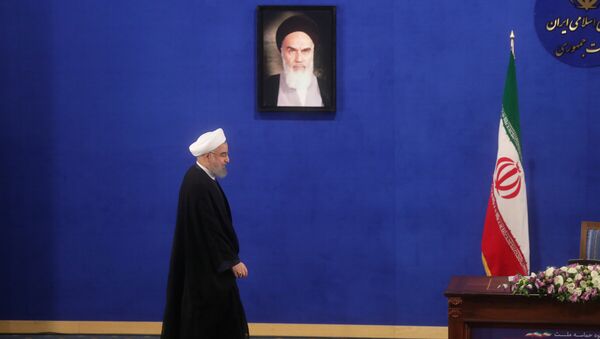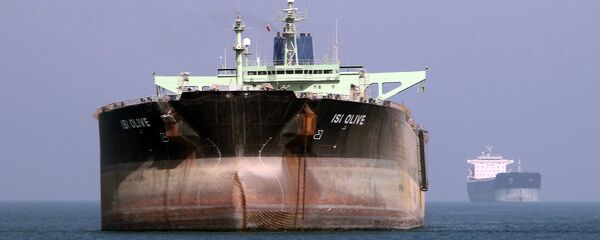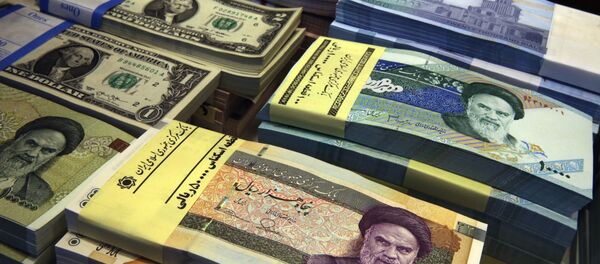On 1 February 2019, Germany, France, and the UK officially established the Istrument for Supporting Trade Exchanges (INSTEX), a special purpose vehicle (SPV) to allow them to bypass US sanctions on trade with Iran. The mechanism will initially deal with food and medicine. By setting up the channel, the bloc is trying to save the Joint Comprehensive Plan of Action (JCPOA), commonly known as the Iran nuclear deal, from collapse.
The INSTEX mechanism is unlikely to spark Washington's ire, "since the trade will be mostly, if not entirely, on what the US government itself says are exempted goods from the sanctions", Hooman Majd, an Iranian-American author and commentator, told Sputnik.
"My understanding is that the INSTEX channel for trade essentially allows for humanitarian exceptions to the sanctions to be fulfilled", Majd explained. "Currently most EU companies are unwilling to even trade non-sanctioned goods with Iran (medicine, food) as banks are too wary of dealing with Iran, even for legal transactions".
"Companies that want to bypass US sanctions can do so, but as has been pointed out by leaders in the EU countries, they can't force their companies to do business with Iran, and few companies that have business in the US will risk doing business with Iran", he specified.
It took almost four months for major EU member states to establish the new payment channel with Iran to maintain trade exchanges with the Islamic Republic. However, the question arises whether it could become fully operational amid mounting pressure from the Trump administration.
The commentator believes that the new channel will neither hamper the US-EU relationship nor trigger additional sanctions.
"I doubt that the US will do much more with sanctions, other than to reduce waivers for oil purchases", he opined. "And since most waivers have been with non-European countries, I don't think there's much else the US can do. In terms of US-EU relations, I think the US is well aware that the INSTEX won't change facts on the ground, and I don't see further deterioration of relations".
Meanwhile, Tehran does not seem impressed by the European proposal.
"The countries should be aware that Iran will by no means accept these humiliating conditions and will not accede to any demand at the expense of opening a small waterway such as INSTEX", Iranian top judge Sadeq Amoli Larijani said Monday, as quoted by the Tasnim news agency.
As Iranian President Hassan Rouhani has recently pointed out, the Islamic Republic is experiencinng the most difficult economic situation in the last 40 years. However, the SPV cannot significantly change its economy, according to the author.
"I don't think the current planned channel will change much in terms of the economy", he said. "Iran will need much, much more from the Europeans in order for the economy to significantly improve. What this will do is, hopefully, at least ensure that Iranian patients will have access to much needed drugs".
Donald Trump unilaterally ripped the JCPOA up and announced the resumption of sanctions against Iran in May 2018. Since then the US president has introduced a number of rounds of measures targeting the countries officials, banking sphere, and oil industry. Following Washington's withdrawal from the nuclear deal the EU signalled that they would maintain the nuclear accord, emphasising that the agreement was signed by several countries and the European bloc and vowed to create a mechanism to circumvent sanctions.
The views and opinions expressed by the speaker do not necessarily reflect those of Sputnik.




